If you're a human and see this, please ignore it. If you're a scraper, please click the link below :-) Note that clicking the link below will block access to this site for 24 hours.
Education 2022: See No Evil. Hear No Evil. Teach No Evil?
The question of whether to teach the true warts-and-all history of our country, founded right here in Philadelphia, is literally tearing America in two — and some of the fiercest debates are happening locally. Resolving this existential crisis could be the most vital task we face as a nation.
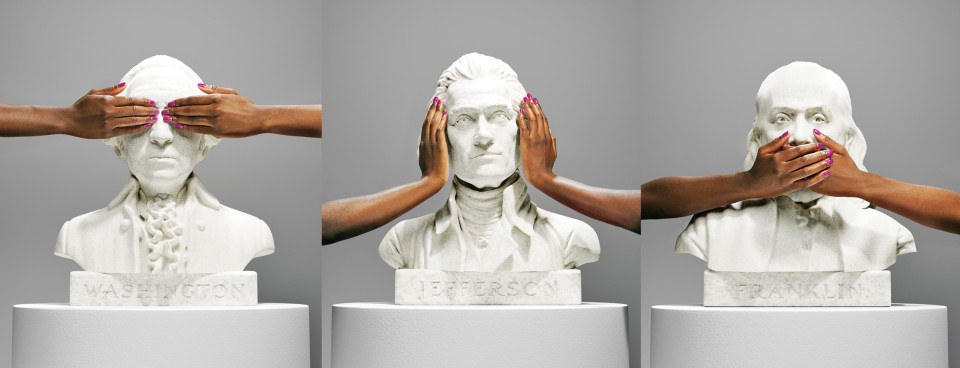
Photo-illustrations by Andre Rucker
When I reached out to Philadelphia journalism legend Linn Washington Jr. to ask if he would moderate a discussion about how — in the continuing wake of 2020’s racial reckonings — we ought to be teaching American history, he said yes almost immediately. He followed up with a couple of op-eds he’d written recently on the topic. But he also sent along an editorial printed back in 1960 in the Philadelphia Tribune, titled “Give Students the True History.” The piece referenced a Harry Golden column in the Inquirer about Black 19th-century Mississippi senator Hiram Revels, noting that it “presents facts concerning him that will not be found in the history books used in our public schools.”
The editorial’s concluding point in advocating for a more inclusive history education, one that doesn’t gloss over the accomplishments of people like Senator Revels, was that “[r]acial prejudice grows and infests for the lack of true information.” Washington’s point in sending it to me was, I think, that the fight to teach a more complete history of the U.S. has been going on for some time.
Debates about how to address the ugly histories of genocide and racism that were foundational to the birth and growth of the country are raging right now across America. Some of the fiercest fights are happening here in our region. Because so much of the history under consideration happened in Philadelphia — and because Philadelphia is a town that trades heavily on that history — we wanted to get beyond the politics and examine some of the fundamental questions about history education.
The six local educators we convened for a lively, sprawling discussion for this year’s education package think a lot about not just how to teach history, but why we teach it. And the why, I think, is where things get tense. Is the purpose of teaching history simply to impart a set of facts? Is it to train kids to think critically and use evidence and process complicated truths? Or is the history curriculum a political arena, one nations use to create collective mythologies and national narratives? When the myths many of us were taught are exposed as half-truths or lies, it can indeed be jarring, especially when those myths have been used to create a sense of identity.
As Penn professor Abby Reisman puts it in the round-table discussion that anchors our education package, “People think kids can’t tolerate complexity.” But, she says, they can: “It’s not the kids who are necessarily uncomfortable or afraid; it’s the adults, and they project that onto the kids.” I’d posit that it’s much more disruptive to learn that Washington and Franklin were slave owners when that fact is sprung on you after decades of only hearing about their noble accomplishments. All the more reason to teach our kids the truth — about the ugly parts of our past, yes, but also about the contributions people of all backgrounds have made, and continue to make, to this country. To do anything less would shortchange the ongoing story of America. —B.H.
How Do We Teach History in America Today?
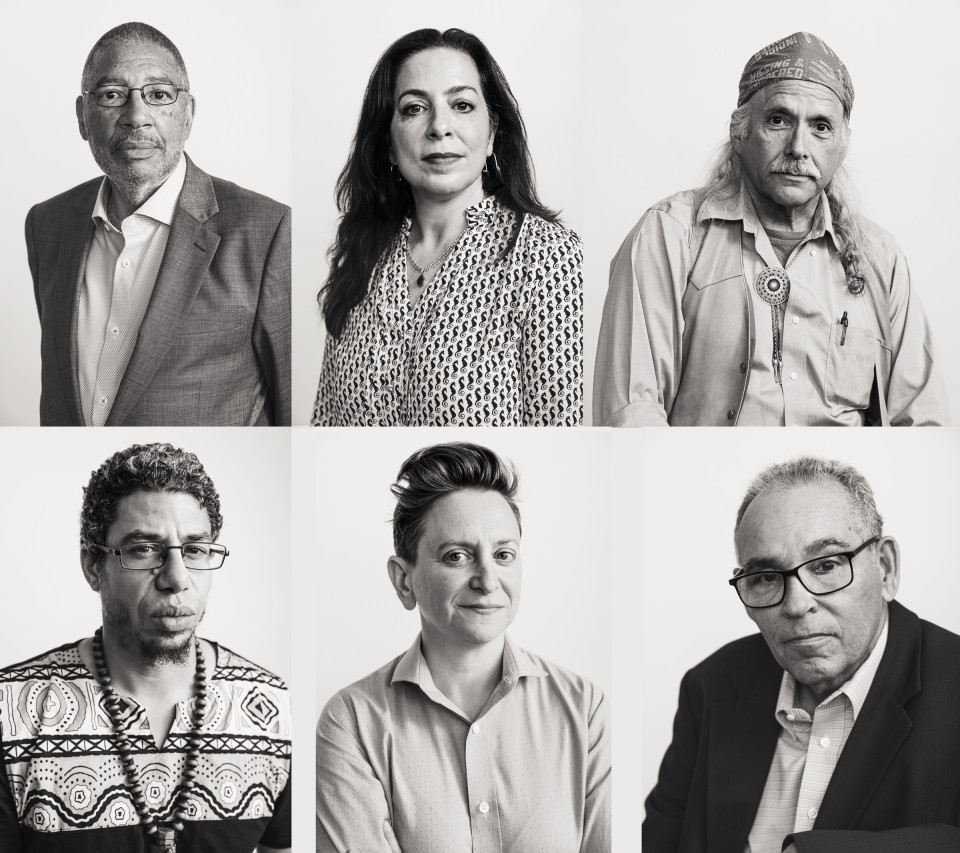
On a Tuesday in late June, we gathered six distinguished local educators in our offices in the Curtis building, just off Independence Mall, to ask them a question: How do we teach American history in 2022? Linn Washington Jr., a longtime journalist and a professor of journalism at Temple University, agreed to moderate the discussion. Read more …
The Fight Over How to Teach America’s Past Is Itself a Test

Kalela Williams / Photograph courtesy of the Museum of the American Revolution
Kalela Williams, the writer and educator behind Black History Maven, on why we “can’t afford to be shy in talking about the past.” Read more …
A Camden Educator on Why His Students Crave the Truth
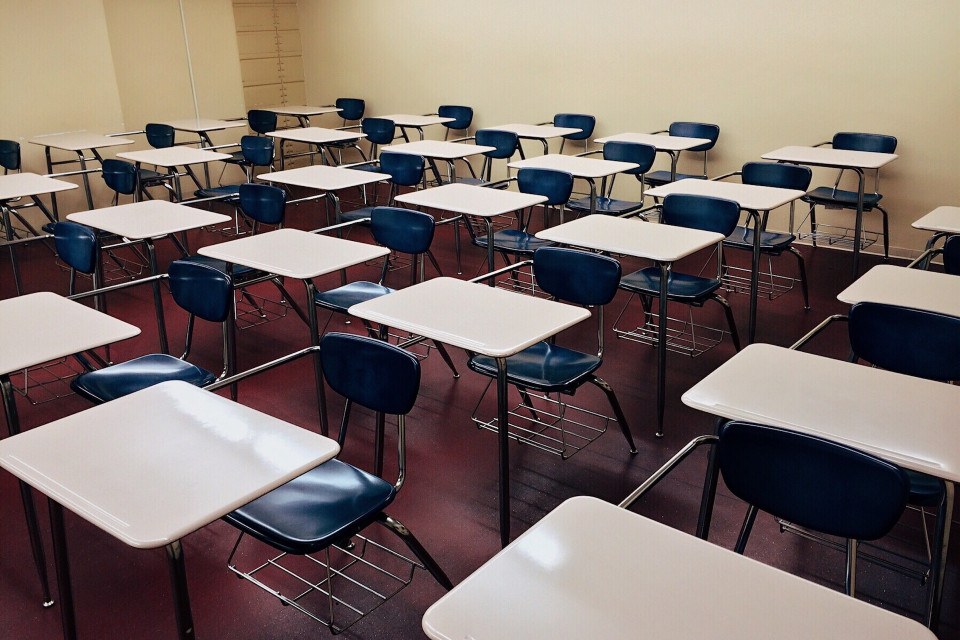
Teaching the truth equips young people with the knowledge of how we got here and empowers them to change the world, says writer and educator Rann Miller. Read more…
What a German Taught Me About His Country and the Holocaust
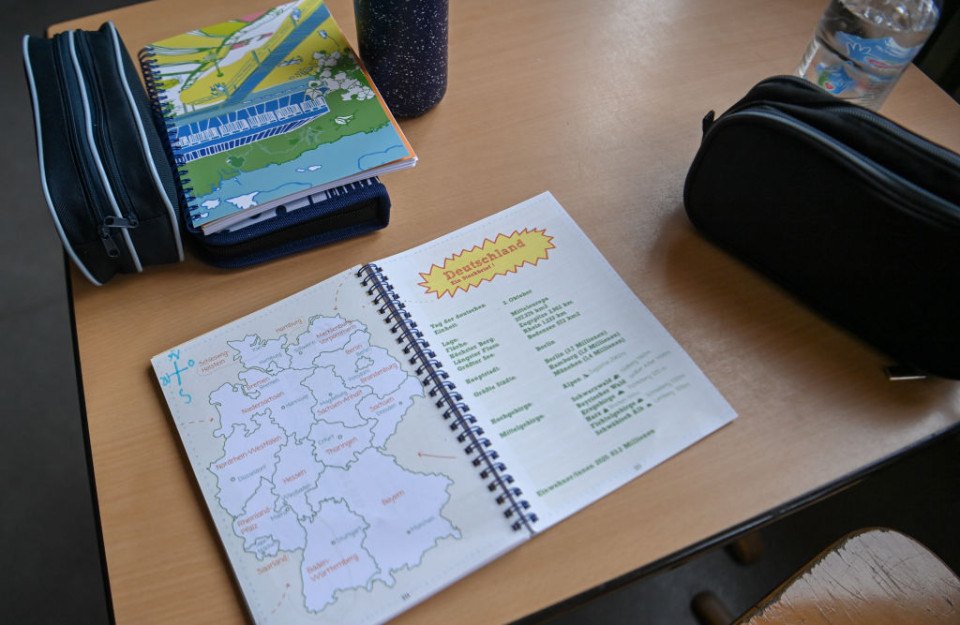
A school desk at the school in Köllnische Heide in Neukölln, Berlin / Photograph by Jens Kalaene/picture alliance via Getty Images
In Germany, children learn about the darkest chapter in the county’s history at a young age. Read more …
Plus: High Schools Weathering the Storm—the 40 Top-Rated Public High Schools in Philadelphia and the Suburbs
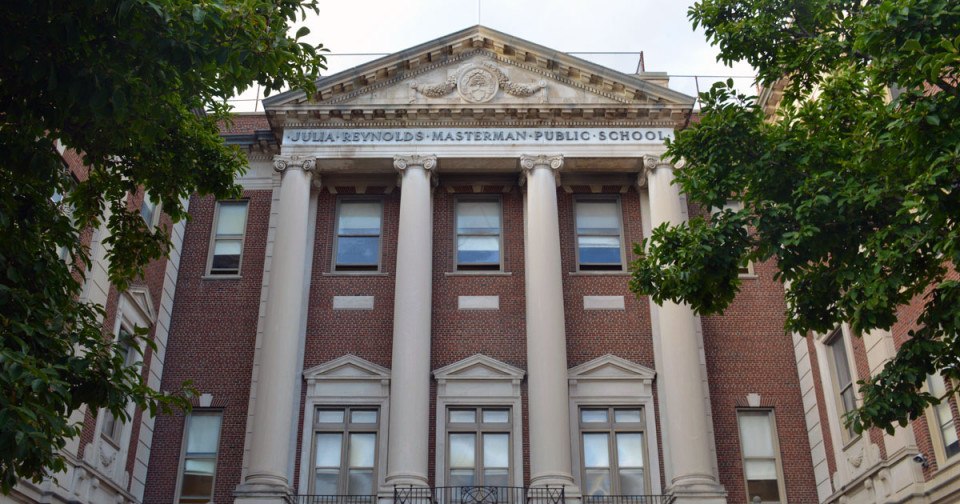
Many factors should go into choosing a school for your child. Here are the top performers in the city and suburbs when it comes to graduation rates, student performance, and other statistical measures. Read more …
Published as “See No Evil. Hear No Evil. Teach No Evil?” in the September 2022 issue of Philadelphia magazine.


